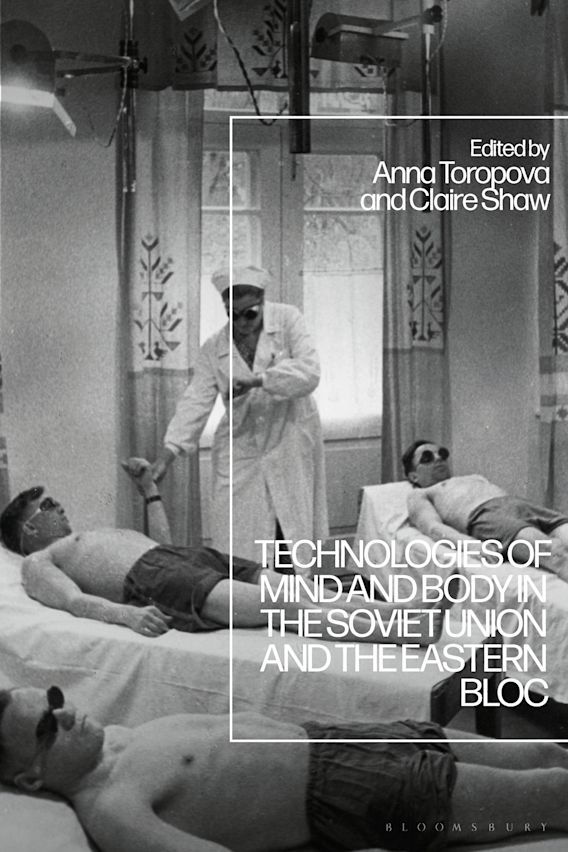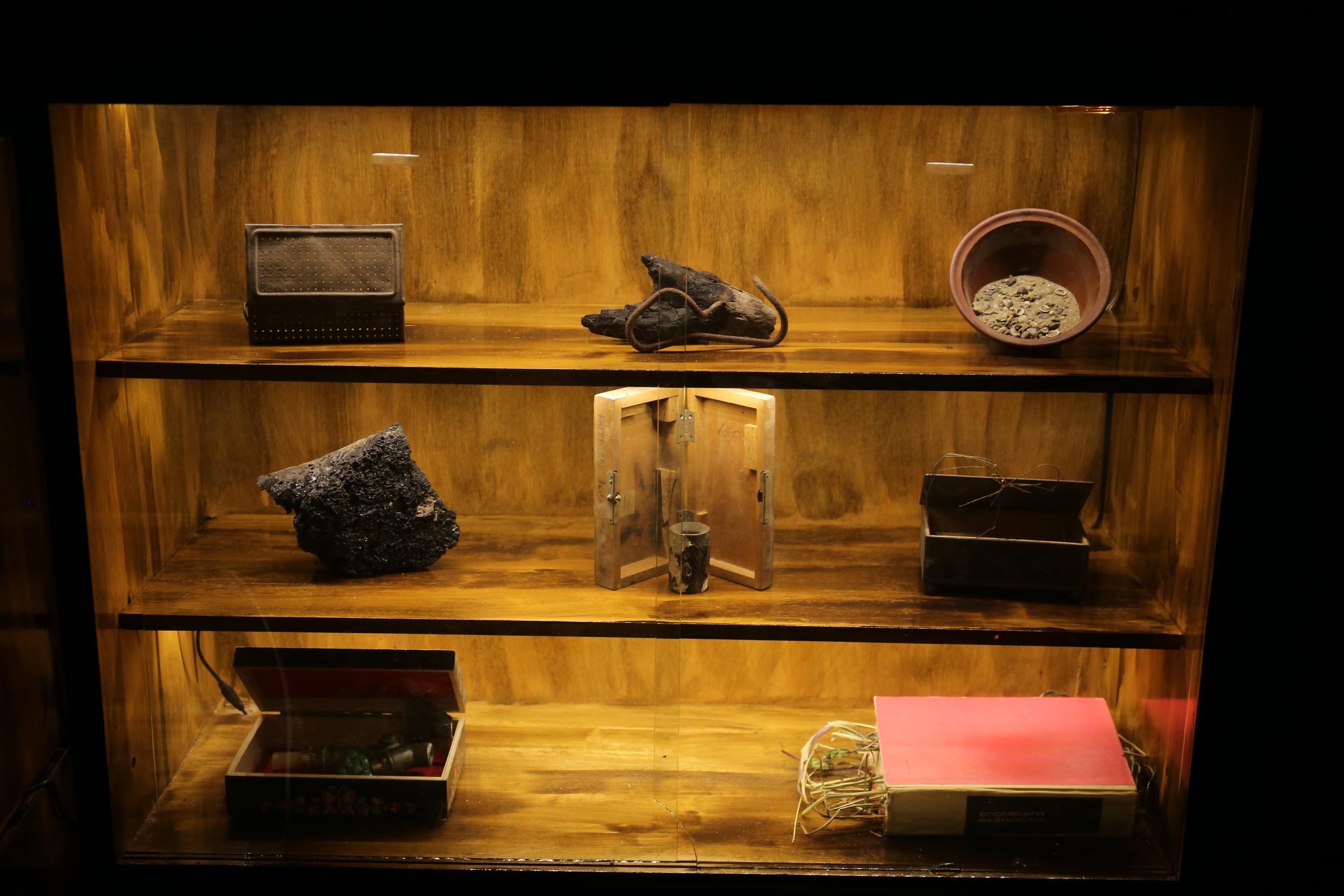
08 Aug Bloomsbury Press

Work and Therapy: Two Visions of the Bulgarian New Man
In Technologies of Mind and Body in the Soviet Union and the Eastern Bloc, edited by Anna Toropova and Claire Shaw. London: Bloоmsbury, 2023.
Chapter 5 by Julian Chehirian examines work therapy as a technology of mind and body in the People’s Republic of Bulgaria (1946-1990). It probes the relationship between therapeutic and non-therapeutic work by following the parallel lives of two individuals whose lives unfolded on opposite sides of a rift in the state’s management of labor. “Socialist work” and “therapeutic work”, as I characterize this duality, were two forms of employment by the state that were subject to ideological, political and financial subdivision. The Kazakov brothers, two artists set to work by distinctly different institutions in the socialist state, form a dyad through which we may trace obverse incarnations of socialist subjecthood across the boundaries of mental illness and disability. Broadly, this chapter is a case study of the relationships between work, ideology and psychiatry in the recent history of Southeast European socialism. These conditions, which have been less examined than physical disabilities in recent literature, raise provocative questions about diversities concealed by the ideal of the Bulgarian New Man—an embodiment of socialist maxims, and a modern subject achieved through the alternate path to modernity constituted by Soviet-style socialism.
Book Summary:
The project to create a ‘New Man’ and ‘New Woman’ initiated in the Soviet Union and the Eastern Bloc constituted one of the most extensive efforts to remake human psychophysiology in modern history. Playing on the different meanings of the word ‘technology’ – as practice, knowledge and artefact – this edited volume brings together scholarship from across a range of fields to shed light on the ways in which socialist regimes in the Soviet bloc and Eastern Europe sought to transform and revolutionise human capacities. From external, state-driven techniques of social control and bodily management, through institutional practices of transformation, to strategies of self-fashioning, Technologies of Mind and Body in the Soviet Union and the Eastern Bloc probes how individuals and collectives engaged with – or resisted – the transformative imperatives of the Soviet experiment.
The volume’s broad scope covers topics including the theory and practice of revolutionary embodiment; the practice of expert knowledge and disciplinary power in psychotherapy and criminology; the representation and transformation of ideal bodies through mass media and culture; and the place of disabled bodies in the context of socialist transformational experiments. The book brings the history of human ‘re-making’ and the history of Soviet and Eastern Bloc socialism into conversation in a way that will have broad and lasting resonance.

